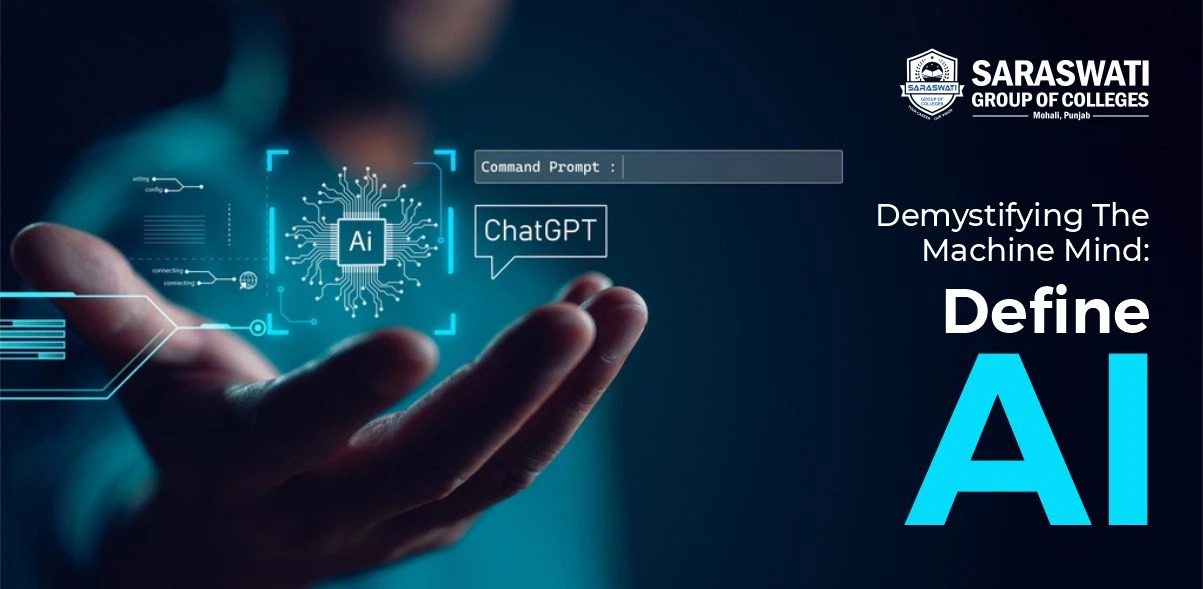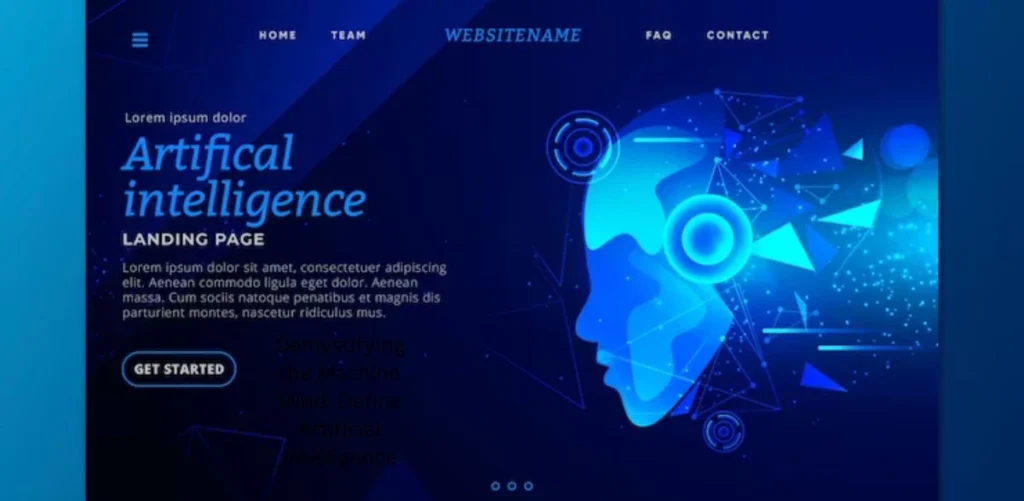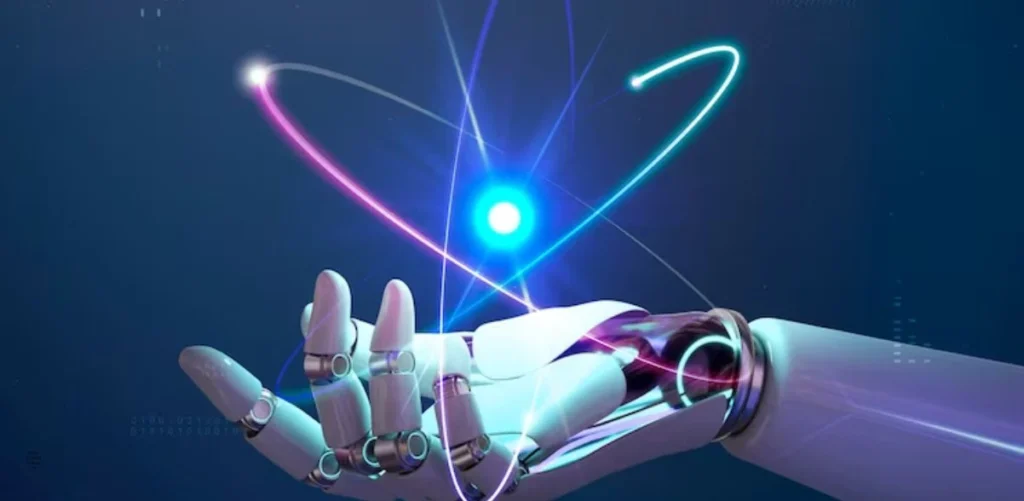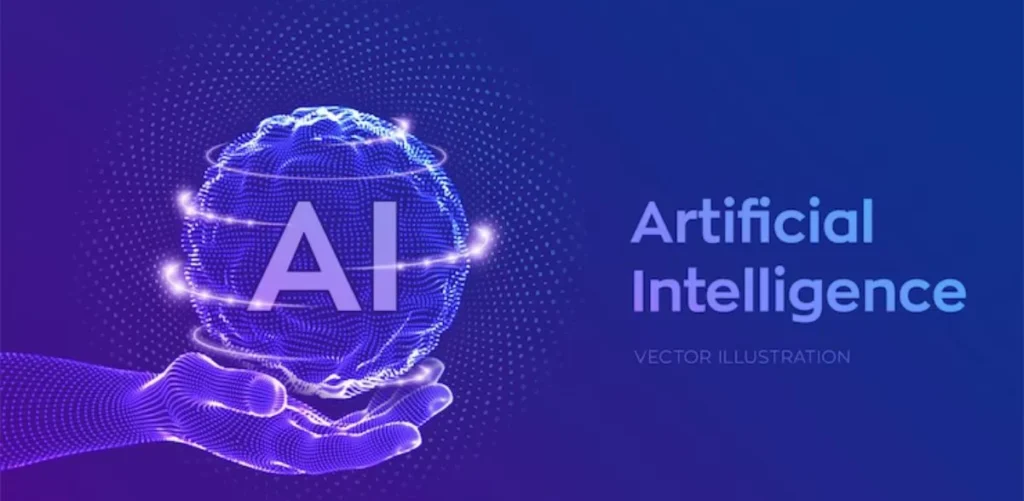SGC Gharuan: Nursing College, Ayurveda College, Pharmacy College
Demystifying the Machine Mind: Define Artificial Intelligence

Artificial Intelligence, or AI, has become an often-heard buzzword in modern tech. But what exactly is AI? In essence, this term refers to any process that simulates human intelligence with machines such as computers. In this write-up, we will define artificial intelligence and explain why it is such an exciting and transformative field.
Define Artificial Intelligence
- The term artificial intelligence (AI) describes computer programs that are able to carry out sophisticated operations that were previously limited to human performance, such as problem-solving, thinking, and decision-making.
For information about other courses go here: Power Up Your Future: Exploring the Diploma in Electrical Engineering

What is Artificial Intelligence in Simple Words?
Indeed, AI is a technical term, and you might not know about this, but here we will brief you on What is Artificial Intelligence in simple words for your assistance.
Artificial Intelligence (AI) refers to machines simulating human intelligence processes. AI is present within their environments through processes like learning and reasoning as well as problem-solving & decision-making processes. All of this mimics intelligent human behaviors like speech & image recognition and decision-making.
AI strives to replicate all forms of intelligence, including learning reasoning, problem-solving perception & natural language understanding, as well as interaction/perception with its surroundings.
Understanding AI Components
We now understand the definition artificial intelligence has in the modern world. Therefore, to properly grasp artificial intelligence, it’s necessary to break it down into its constituent parts:
Machine Learning: Machine learning (ML) is an area of artificial intelligence (AI) focused on helping machines learn without explicit programming, with specific algorithms designed to increase efficiency as systems are exposed to more data for performing a particular task over time.
Deep Learning: Deep learning, or neural net-based machine learning, draws basic inspiration from the structure and function of human neural networks to recognize patterns and features in data, making it particularly suitable for tasks like image or speech recognition.
Natural Language Processing (NLP): NLP technology allows machines to interpret, understand, and generate human speech-powering applications such as virtual assistants, translation services, and sentiment analysis tools.
Computer Vision: Computer vision allows machines to interpret and comprehend visual data in real time, providing machines with tools necessary for tasks like facial recognition, object detection, and autonomous driving.
For information about other courses go here: The Future is Now: Top Private Universities in Chandigarh Pioneering Innovation in Education

Real-World Applications of AI
The definition artificial intelligence has, and its component knowledge is not enough as of now. You should even garner information about the applications of AI. Also, artificial intelligence has transformed various areas of our daily lives, disrupting industries and increasing efficiency. Here is an insight into some common applications:
Virtual Assistants: Siri, Alexa, and Google Assistant utilize AI algorithms to understand user commands, such as setting reminders, answering queries, and controlling smart home devices.
Recommendation Systems: Companies such as Netflix and Amazon use AI-powered recommendation systems to analyze user preferences and behaviors and offer customized content and product suggestions. These systems aim to increase engagement while improving the overall experience for end users.
Autonomous Vehicles: Artificial intelligence powers self-driving cars, allowing them to perceive their surroundings & make some real-time decisions to navigate safely on roads. Such technology offers tremendous promise of reducing accidents, alleviating traffic congestion, and improving urban mobility.
Healthcare: Artificial intelligence has already made significant strides in healthcare, aiding with disease diagnosis, drug discovery, personalized treatment plans, and robotic surgery. From early disease signs detection to optimizing treatment protocols – AI promises to revolutionize healthcare delivery and enhance patient outcomes.
Finance: AI algorithms have long been employed within the financial services sector to assist with fraud detection, algorithmic trading, credit scoring, and customer service functions. These technologies help institutions increase risk management while streamlining operations and offering more bespoke financial products and services for customer consumption.
For information about other courses go here: Unlock Your Hospitality Career: Hotel Management Courses After 12th

Conclusion
Artificial intelligence (AI) is not just another trending word; it represents a transformative force reshaping industries and society alike. Understanding AI fundamentals and dispelling myths about its applications can unlock its full potential to address some of humanity’s most urgent problems.
With its rapid advancement comes responsibility in its deployment, so we may ensure a future where humans and machines coexist peacefully together. Hope this information has worked in the right manner to define artificial intelligence.
Read More: Unlock Your AI Potential: Best AI Training College Mohali

















No Comments yet!